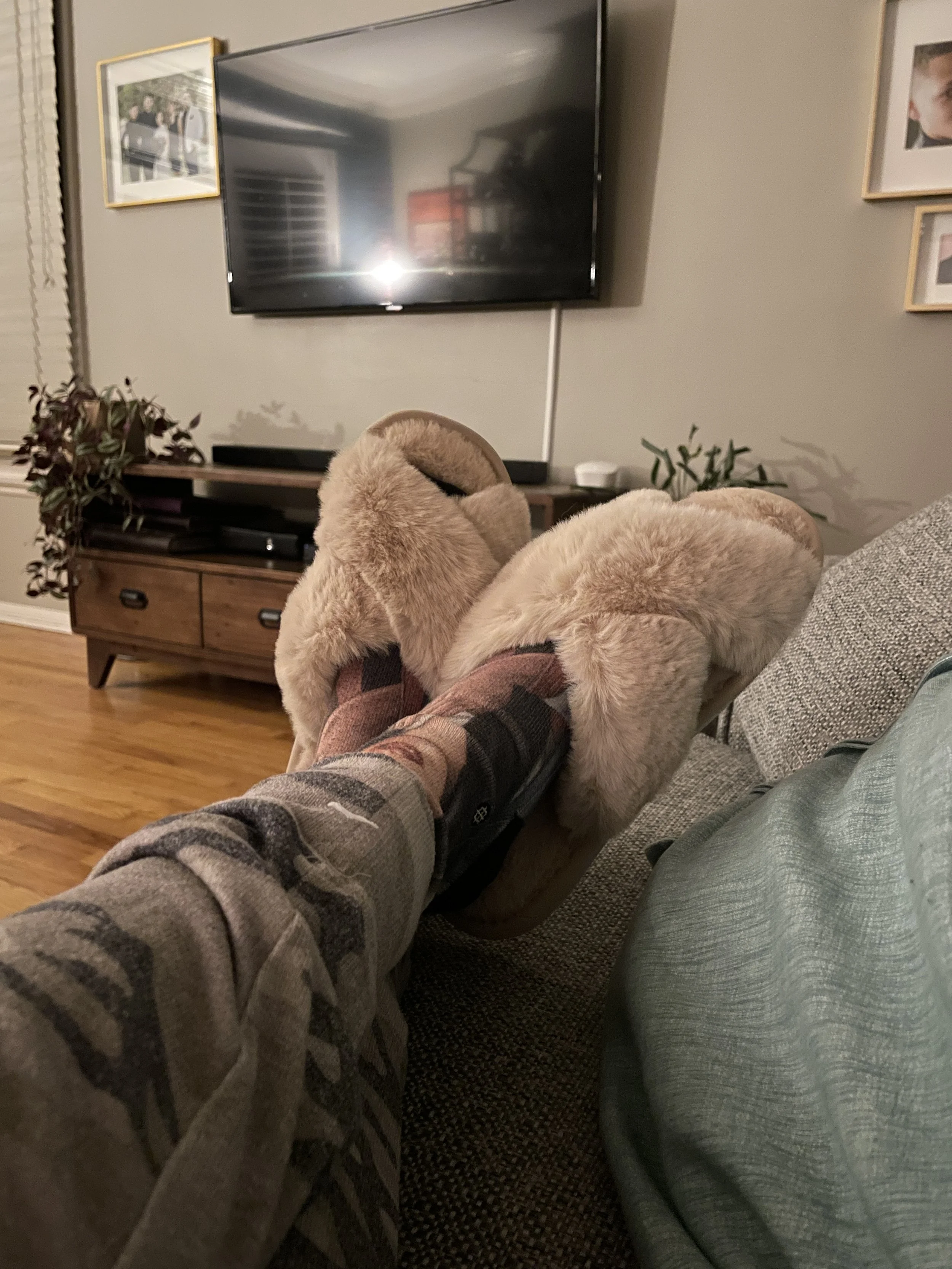How do you control your anger?
In this episode of The All Gifts Podcast, I talk to my youngest son, Evan, about how anger has been a gift in his life.
TUNE IN: APPLE PODCASTS I SPOTIFY I STITCHER
When Evan suggested this topic, I was a little daunted. I’m all for processing emotions but anger isn’t my go-to emotion. But I trusted Evan would have valuable insight to share. His wisdom belies his twenty-three years. You’ll want to listen to this mature soul and learn how he went from explosive anger to gifts of love and grace. As the conversation evolves, you might discover, as I did, how anger has been a gift in your life.
The separation from my first husband was violent, loud, and scary. Three-year-old Evan was right in the middle of it all. Not surprisingly for the next several years, Evan struggled with anger. His tantrums were epic.
He was kicked out of daycares and babysitters for hitting and biting other kids.
He spent more days of Kindergarten at home on suspension than in school. As a single mom with two elementary school children, missing work to pick him up was stressful. Many days, I felt at my wits end.
Fast forward twenty years, Evan is an articulate, loving, respectful man.
Gone is the little boy who once punched a hole in my wall. Listen to the podcast episode to learn more about how we got there.
We all have an emotion we go to first when something troubles us.
For some, like Evan, anger is the most accessible emotion. For me, anger is usually buried beneath embarrassment, shame, and sadness.
In preparing for this episode, I prayed to understand why. I was reminded of two things. When I was a young girl, when I got angry it was often caused by someone humiliating me. I would try to cover up the humiliation by acting like it didn’t bother me. Later, I’d be sad and depressed, but my anger was at the deepest layer.
The second thing I thought about was being raised in a violent home. Police were often at my house breaking up a bloody fight between the grown-ups. Anger was an emotion that scared me. I stuffed it way down and reacted in the moment like nothing was wrong.
Of course, I could only keep unprocessed anger buried for so long.
Eventually, it would burst out at unexpected times. Then I’d have to go back and repair damage to my reputation or to my relationships. This was even more incentive to bury my anger.
But I didn’t like my anger being in control.
It didn’t make good decisions and it was not a good judge of reality or character.
Over the years I learned to identify my anger in real time.
I’ve even learned to speak up and tell the person who has triggered my anger that I’m upset. After years of practice, I can now see that anger can be a helpful gift.
Anger is a good warning system that helps:
Alert us to danger.
See that a boundary may be needed.
Discover that something needs processing.
Realize a space or a break is necessary.
To help our anger be productive and helpful:
Give yourself space.
Think about what’s true (Philippians 4:8).
Instead of focusing on the person who made you angry, focus on why you’re angry.
If you give yourself time and space to process you will often see that what you’re angry about doesn’t match up to your feelings for the person involved. Then you can deal with the real issues underneath. That type of deep processing and healing is the true gift.











